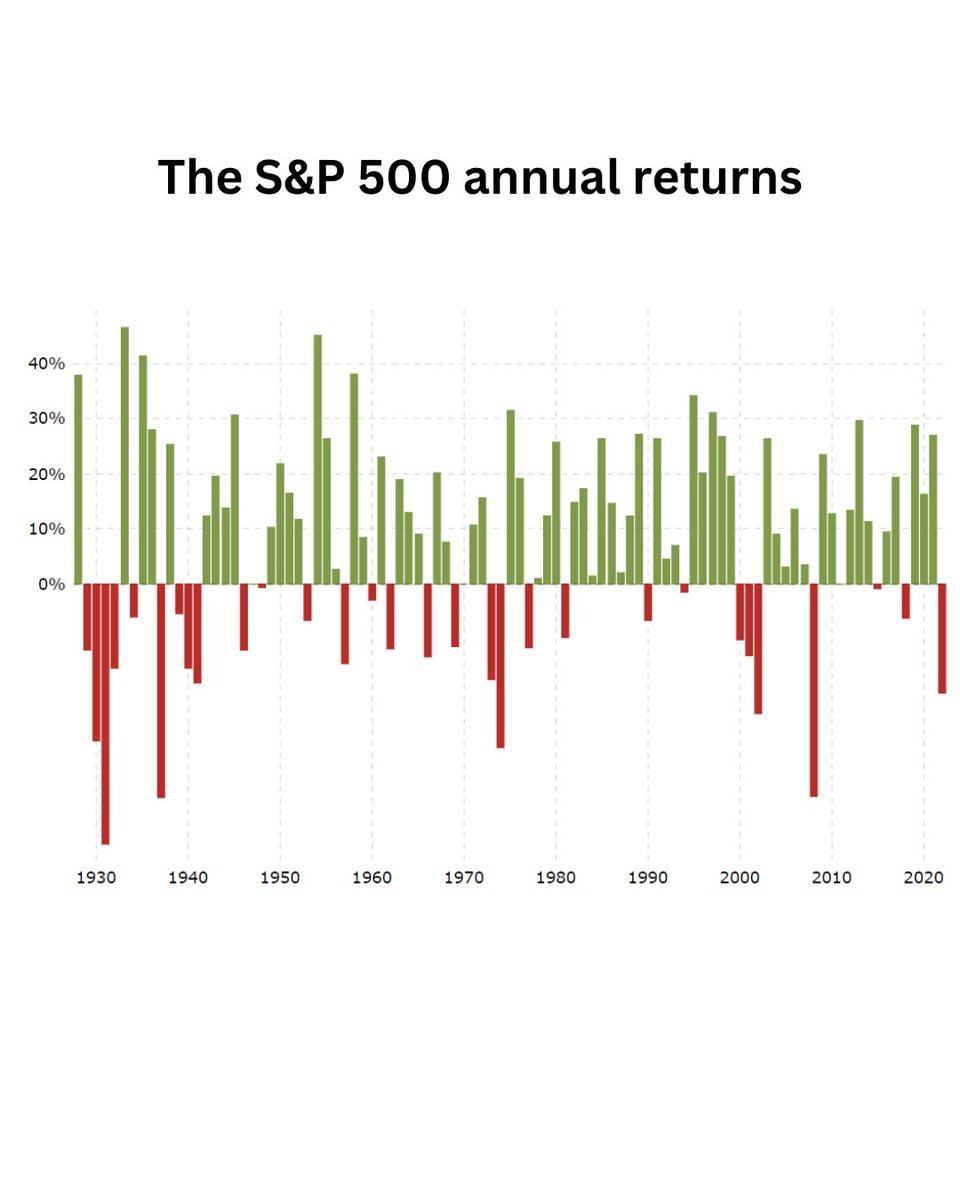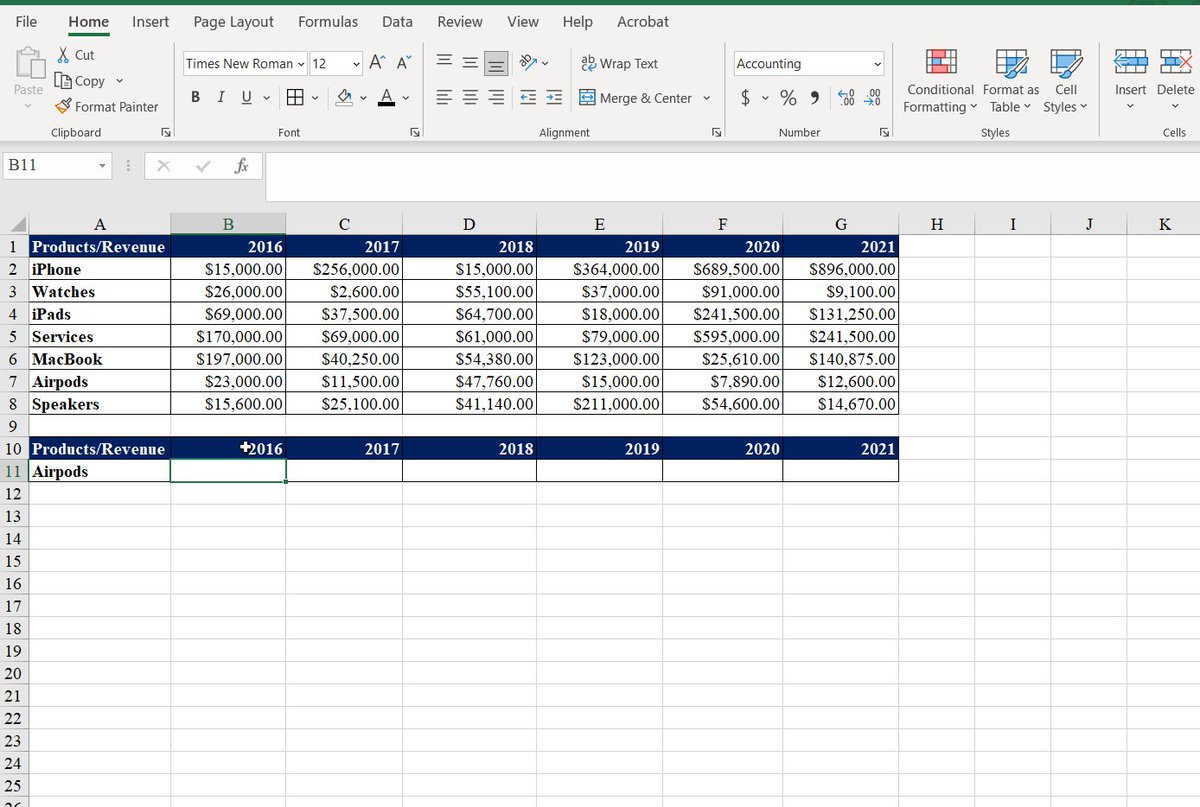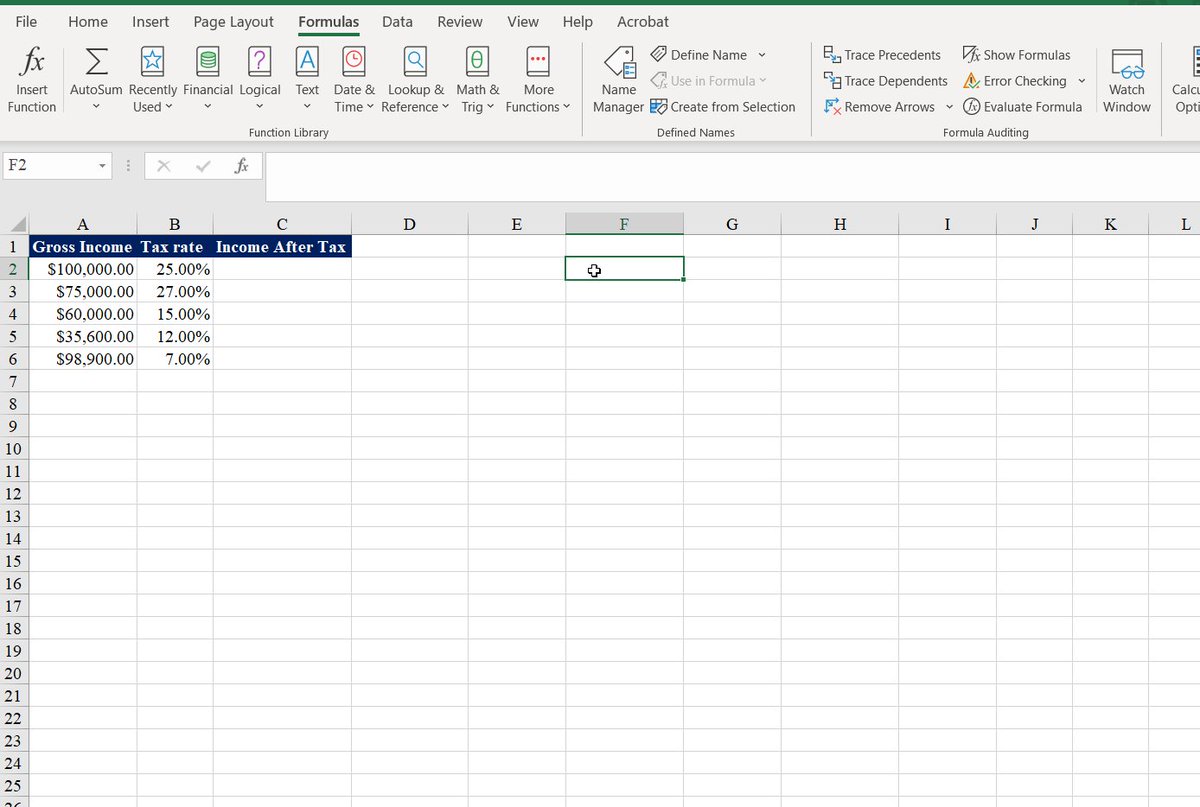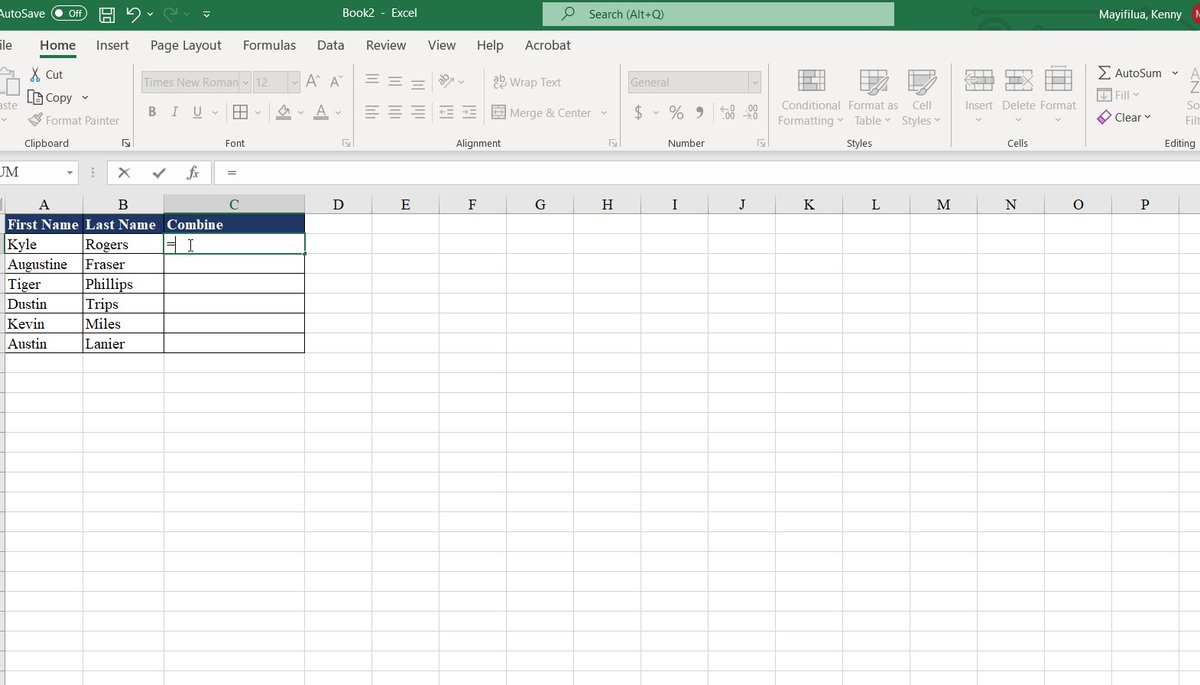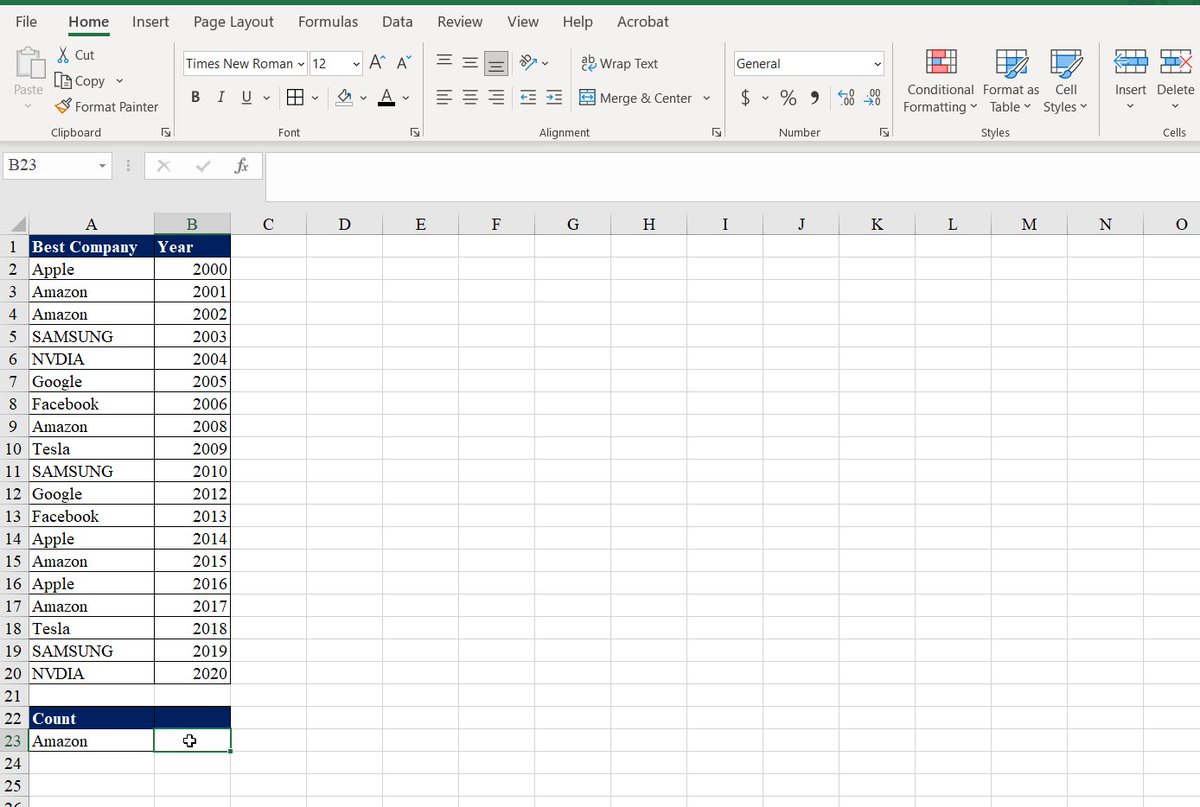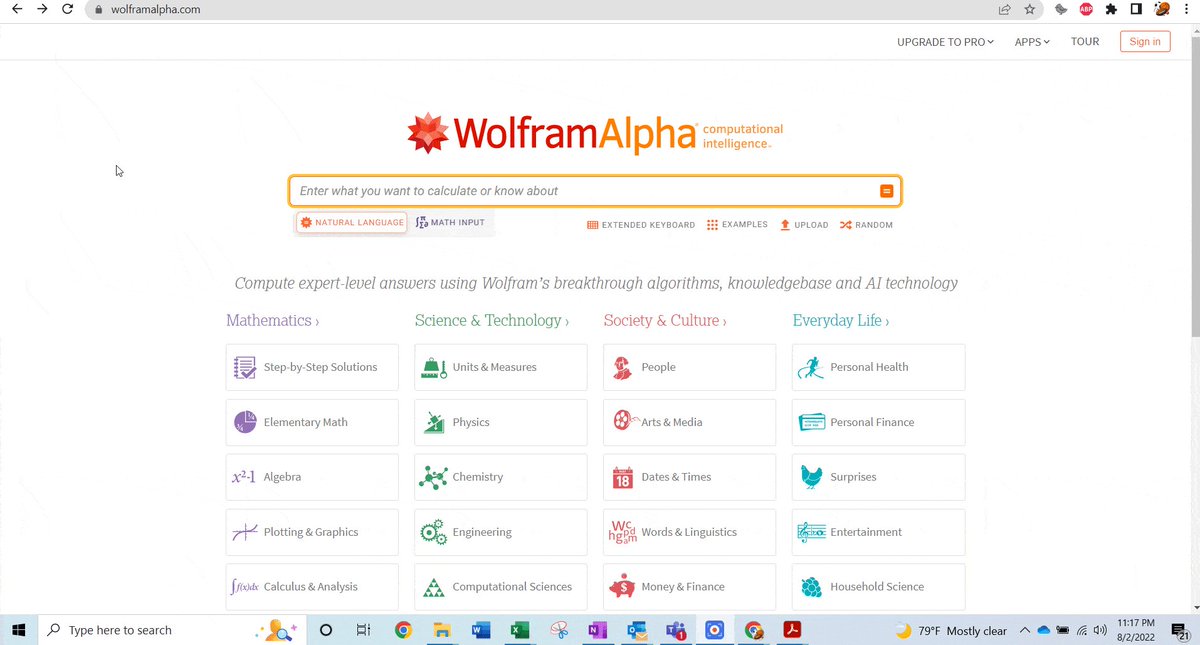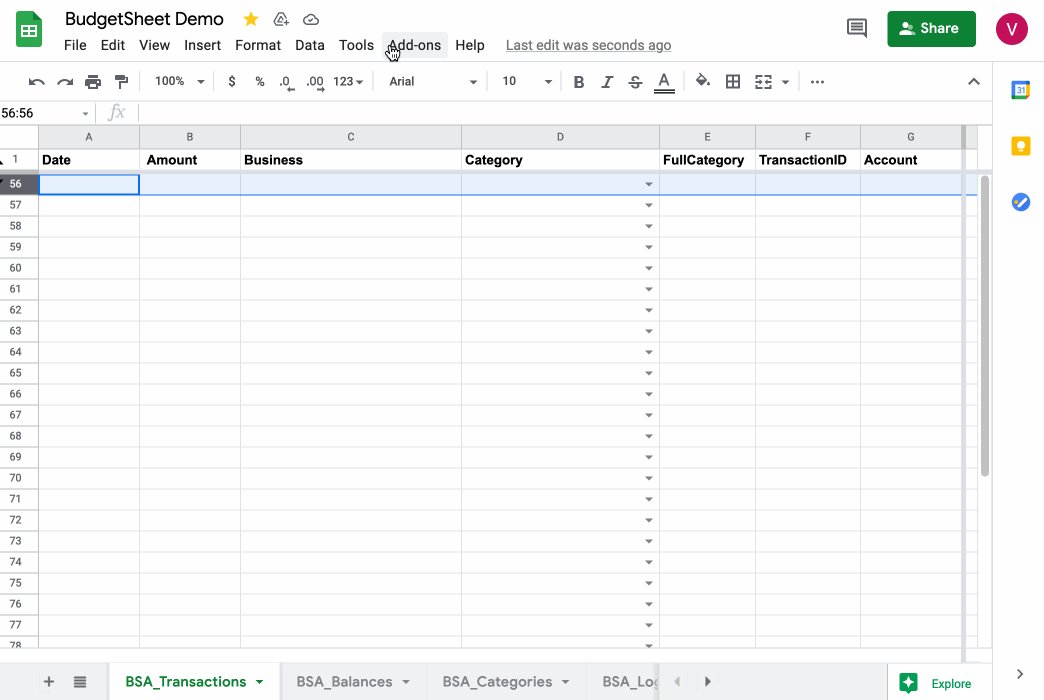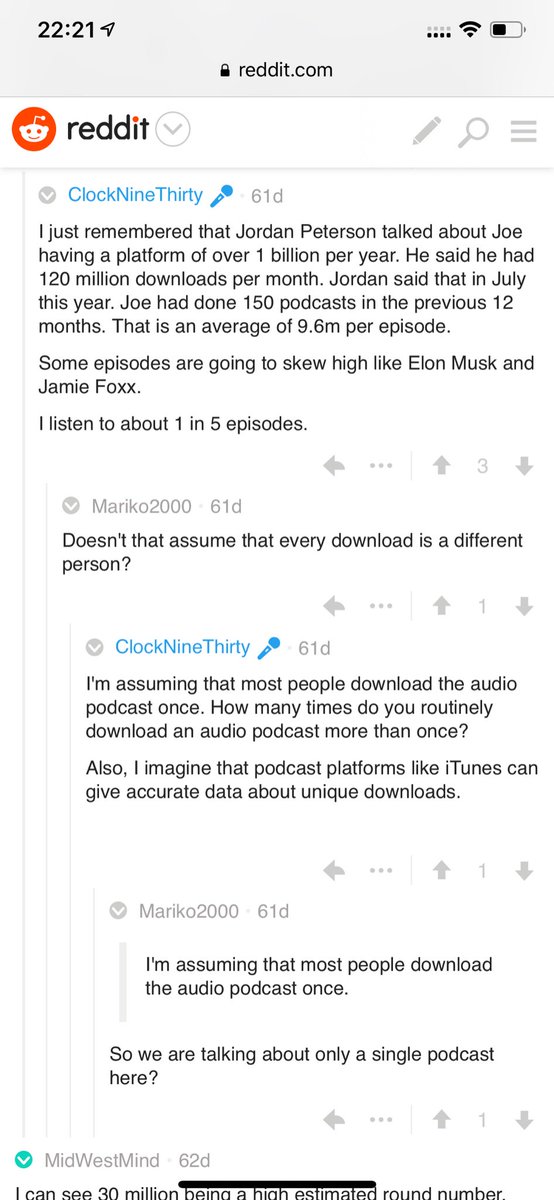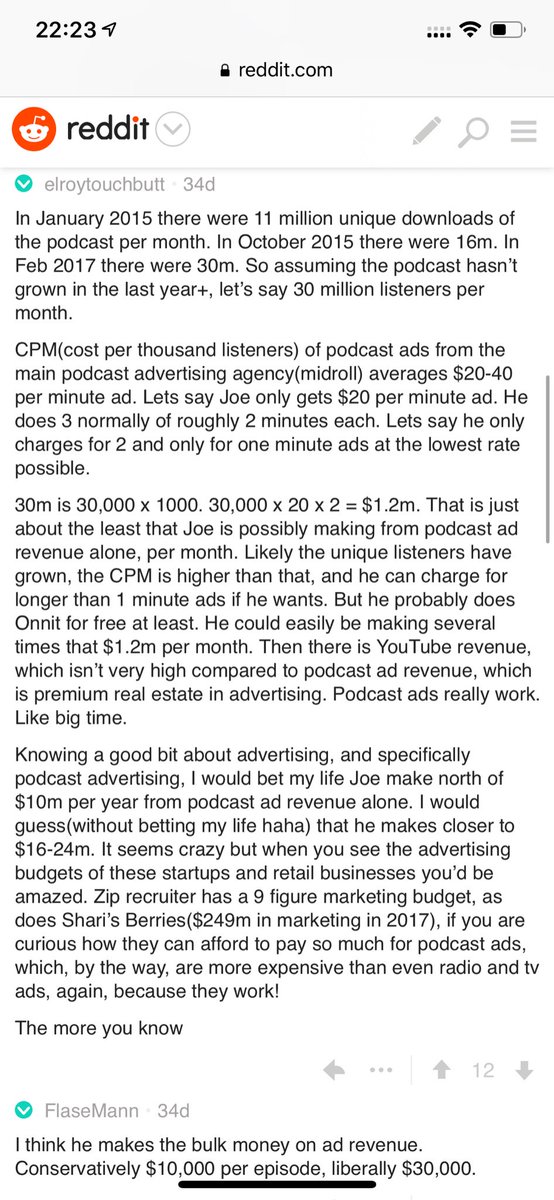TYPES OF SINS(PAAP) AS PER SKAND PURAN.
There are three types of Adharma- Sthool, Sukshma and Ati Sukshma. The group of Sins in the Sthul section carries you to Narak. These sins are committed through your thoughts, words and deeds.
It is of four types.
1)First is the sin committed by your mental state-
Thinking about woman other then your spouse.
A)Resolution to amass wealth from others.
B)Thinking ill about others.
C)Thinking of doing a forbidden or unworthy deed.
2)Second is the sin that you commit through your words :-
A)Talking irrelevant things.
B)Telling a lie.
C)Speaking harshly.
D)Talking ill about others.
3)Third type of sin is committed through your body actions-
A)Eating food not prescribed to you or forbidden.
B)Violence.
C)Eating fancier food.
D)Acquiring other's wealth.
So these twelve types of sins.
There are six types of sinners or Mahapatak
1)One not bowing his head in front of a temple.
2)Never praise Shiva.
3)People who behave untowardly way in front of Ishwar.
4)People who do not show respect to Ishwar, guru or one who are undignified.
5)One who do not behave properly.
6)One who is jealous of other bhakts.
Below is the list of sins which people may commit.
1)One who does not help a needy person or a person in pain,

